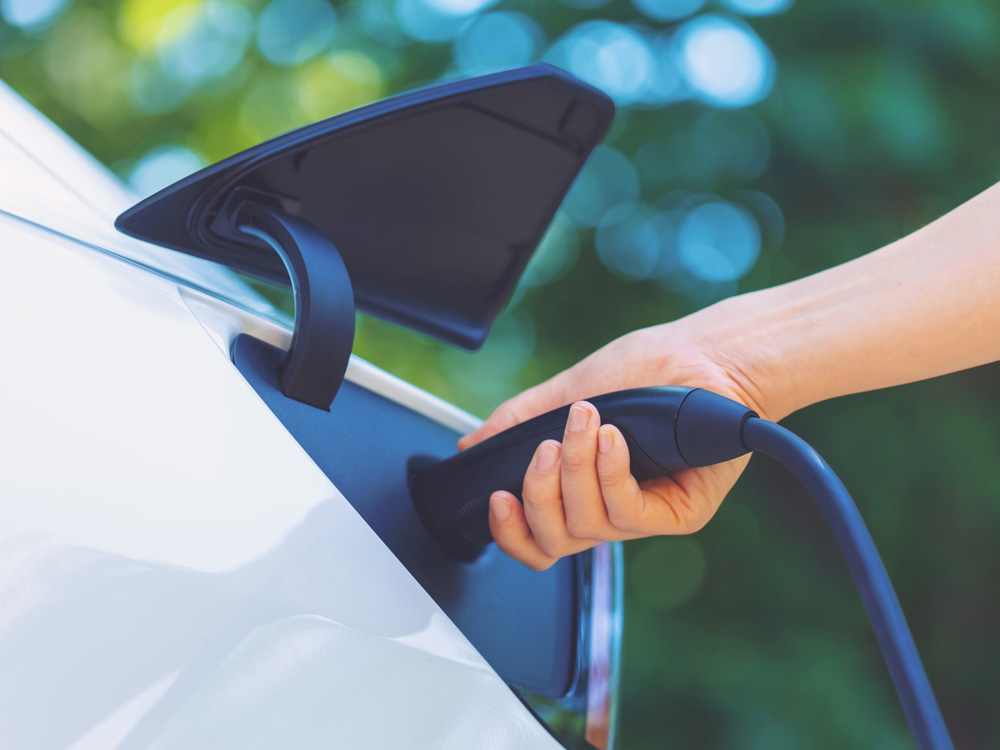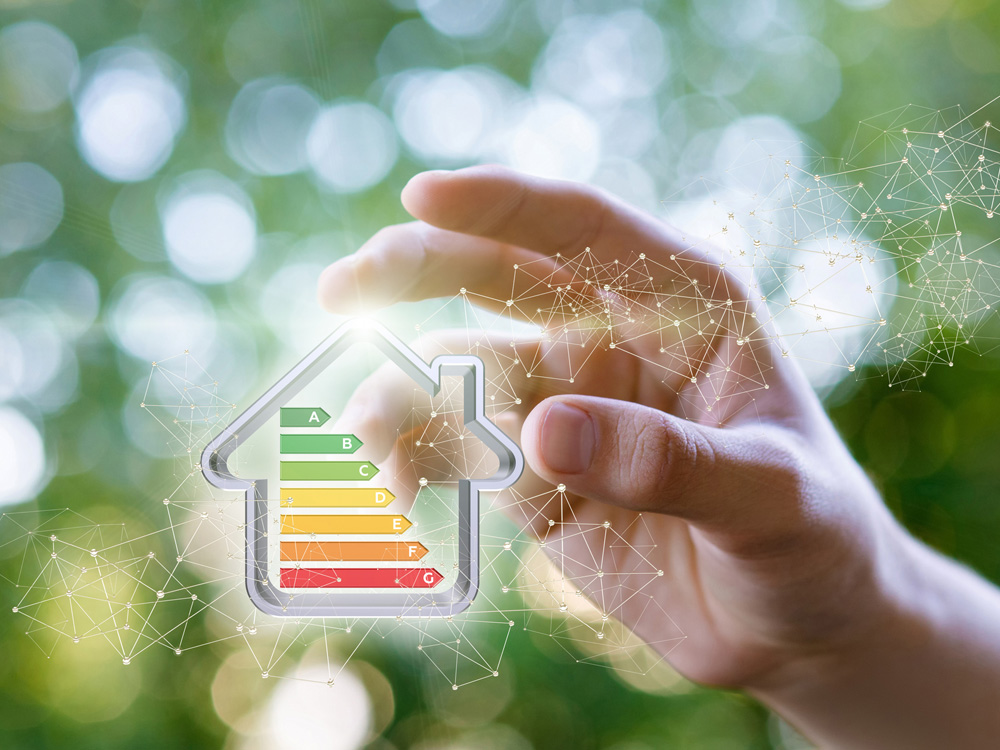Trusted since 1963
Welcome to the PH Jones
introduction to Demand Response

The Problem
When there is a fluctuation of usage in the grid/power network this leaves the grid with either too much power or insufficient power to meet demand. This means power stations have to power up or power down to level the grid, which is high in both cost and emissions. Demand response is a solution designed to mitigate this problem through the use of technology in homes and commercial premises.

The Solution
Demand Response enables the electrical heating, hot water, microgeneration and batteries in your residents’ homes or plant rooms to automatically adjust their demand. For example, when there is surplus energy in the grid, Demand Response will consume more energy – in the same way it will use less energy when demands on the grid are high.
Years ago, the grid used to do a simplified version of this with the old Economy 7 Tariffs where residents were offered a lower rate to use electricity outside of peak times. With new advancements in technology appliances via the internet of things Demand Response can automatically adjust the demand in real time, with minimal impact on your appliances’ normal operation.

The Benefits
Powering up and shutting down power stations is an expensive exercise and costs the grid, energy suppliers and customers a great deal of money each year. Utilizing Demand Response in your residents’ properties will reduce their energy costs. This is due to the way the units will automatically adapt to low power mode when energy demand and costs are high, as well as drawing energy from a house battery (if fitted). When the grid has too much energy available, Demand Response does the reverse, using as much energy as it can by storing it in the system as heat and recharging the house battery. To enable this, we can simply fit a smart meter to the property, which will be set for half-hourly readings with an appropriate tariff. British Gas is ready to supply smart meters and have tariffs in development which are optimized for this technology. These are expected to be available in early 2021, initially for electric vehicles, before covering all compatible managed appliances.
Housing associations or councils could also benefit from a share of the service cost for providing response to the grid. This money could be put towards helping deliver your net zero carbon goals, reducing your operating costs or passed direct to the residents.

An Example
If your residents had a property with a compatible heat pump and house battery installed for Demand Response, they could continue to use their household appliances as normal whilst the Demand Response system monitors the grid in the background. If the grid has too much energy available, the heat pump would ramp up to full power to heat the hot water and buffer tank, whilst simultaneously recharging the house battery to store energy for later use. When demand on the grid returns to normal, or the house battery and heat pump have reached the capacity of what they can store, the system in the home returns to normal operation.
If there is not enough energy in the grid the home will do the reverse – limiting its reliance on the grid by running the heat pump at a lower power setting and drawing energy from the home’s battery. The Demand Response would be in place until the grid returns to normal or would reactivate when the heat pump needs a boost for the resident’s comfort. If the house battery is depleted before the demand on the grid reduces, the system will automatically revert to using energy directly from the grid. It will not recharge the house battery until the rates make it cost effective to do so.

Compatible Technologies
- Heat pumps both ground and air source
- Intelligent hot water cylinders
- Electric vehicle charging points
- House batteries
- Hive hub (to give products the required connectivity)
- Electric storage heaters
Only select but increasing number of equipment manufacturers are compatible with Demand Response. PH Jones can help our clients with technology selection and integration.

Delivery
As PH Jones is part of the Centrica family, we can help our clients select and deploy these technologies. We can place these services directly with the market leaders and specialists in this field with Centrica Business Solutions, who can scale the solution to your needs. They hold many patents in this technology and have been delivering these solutions commercially and internationally for ten years.
If you would like to discuss how we can save your residents’ money on their energy costs, as well as generating your association or council revenue, please don’t hesitate to contact us and we will gladly take you through the technology in more
If you would like to know more please do not hesitate to contact the team; customerstrategy@phjones.com